What do All these different organic labels really mean?
There are lots of different labels/seals on wines which claim that they are more sustainable, organic, etc. But it can be challenging to understand what any of them they actually mean. So here's a breakdown.
"organic"
A wine labeled "Organic" by the USDA means it has been handled in accordance with the USDA National Organic Program's standards. This applies to the entire production cycle, from the grape in the field to the final bottled wine.
Here are some of the basic qualifiers:
- Growers producing must pass a certification inspection every year
- No synthetic pesticides or chemical herbicides can be used
- No added sulfites
- Native yeasts can be used, but are not mandatory
- No Genetically modified organisms (GMOs)
"Made with Organic Grapes"
The only difference between this category and the one above is that sulfites (less than 100 parts per million), and some processing additives can be used. Some vineyards will choose to certify with a state agency, like the California Certified Organic Farmers (CCOF), instead of the USDA. These will bear the state certifying label, not the "Made With Organic Grapes" label.
“Ingredients: Organic Grapes”
If a wine is made with some organic grapes, but less than 100%, it is restricted to an ingredient statement, including the product’s percentage of organic contents. An example would be "70% Organic” or “50% Organic ingredients.”
"Biodynamic"
The biggest difference between "Biodynamic" and "Organic" is that biodynamic includes more sustainable farming techniques that usually exceed the standards for certified organic. The philosophy behind biodynamic farming, defined by Dr. Rudolf Steiner, involves a deep connection to and respect for the land. Biodynamic farms involve elements of soil fertility management, crop protection, greenhouse management, and animal welfare. Biological diversity within the farm landscape is emphasized, and requires that a minimum of ten percent of the total farm acreage be set-aside as a biodiversity preserve.
Here's the breakdown:
- No synthetic pesticides, fungicides, herbicides, synthetic fertilizers, or growth stimulants
- No GMOs
- Sulfites may be present only in amounts less than 100 ppm
- Limited chemical additives are permitted
- Only native yeasts are used
- Crop rotation is practiced and biodiversity is respected
Demeter USA is a certification agency that reviews the practices of Biodynamic vineyards using a strict processing standard.
"Sustainable"
Sustainably-produced wine is made with the intention of having as little negative impact on the land as possible. These methods often involve using solar power, have water reclamation systems, and involved recycling programs. However, there is no legal regulation of this label, so they may not be organic or biodynamic in any way. There are some smaller groups, like the California Sustainable Winegrowing Alliance, who promote sustainable grape growing and wine production practices.
"Conventionally-produced"
There's basically no labeling requirement for these, and I wouldn't recommend purchasing anything under this label. Pesticides and herbicides can be used, can be treated with chemicals, and no limit on sulfites (other than the legal 300 ppm limit).
That was a lot. Just tell me what to do.
As far as the labels go, I would most highly recommend buying wines with a biodynamic label, its the most ecologically sustainable option, even though its not regulated by a federal agency. Organic is second best, since it has similar regulations on chemicals but doesn't regulate any other farming practices.
There are other certifications that are great to look for on wine bottles as well, or when researching a winery including: B-Corp, LEED® Gold, LIVE (Low Input Viticulture and Enology), The Carbon Neutral Challenge (CNC), Salmon Safe.








